Progress as a composer is not linear with time and measuring progress is not an exact science. Composers too experience a writer’s block!
Some quantitative measures of progress are the number of instruments; the lengths of pieces and the various musical forms and styles one can handle. Gradation of Composition syllabus of LCM clearly follows this pattern.
However, the integrity and cogency of a piece is more important than anything else. The ability to coin a fresh idea/material, expose and develop it convincingly for a considerable length is the core of composition. The general pitfall is the eagerness in employing all known compositional methods / techniques in one piece and making it complex and confusing to the listener.
Musical quotes are common while merging styles is not a good idea. Also, there would be a subconscious bias / inclination towards adopting known compositional material. Initial compositions tending to allude to another composer is quite natural in the process.
Balance in harmony, melody and rhythm are fundamental elements of good music. Motivic development, reprise of earlier material, element of surprise are common tools for creating interest in music. Evoking moods and emotions, writing for dance, drama or a program are other functions that composers need to master. Writing variations is an important exercise in this journey that tests most of the faculties of a composer.
Composition, in general, is well suited for analytical and innovative minds! Every new form developed in music since the medieval period is a product of this innovative bent of the human mind in the composers of the past. Every major composer has done his bit to the evolution of music, and it is important to assimilate it.
Notation tools go a long way in playing back our own compositions (Including orchestral) before publishing and allows us to make amends where it is not cohesive, jarring, disjunct etc. Peer reviews of scores and audio files help in improving things while there could be a subjective element here.
Developing a personal style is the goal of a successful composer and it may take years to get to that zone. Listening and studying music from various periods, forms, composers, orchestration etc. carefully is a pre-requisite in developing a unique style.
Happy learning!
Learn Composition the Right Way
Join Risoluto Academy of Music and study Western Classical Composition and Music Theory under expert guidance.
Whether you’re just starting or looking to refine your style, we offer mentorship tailored to your journey.
